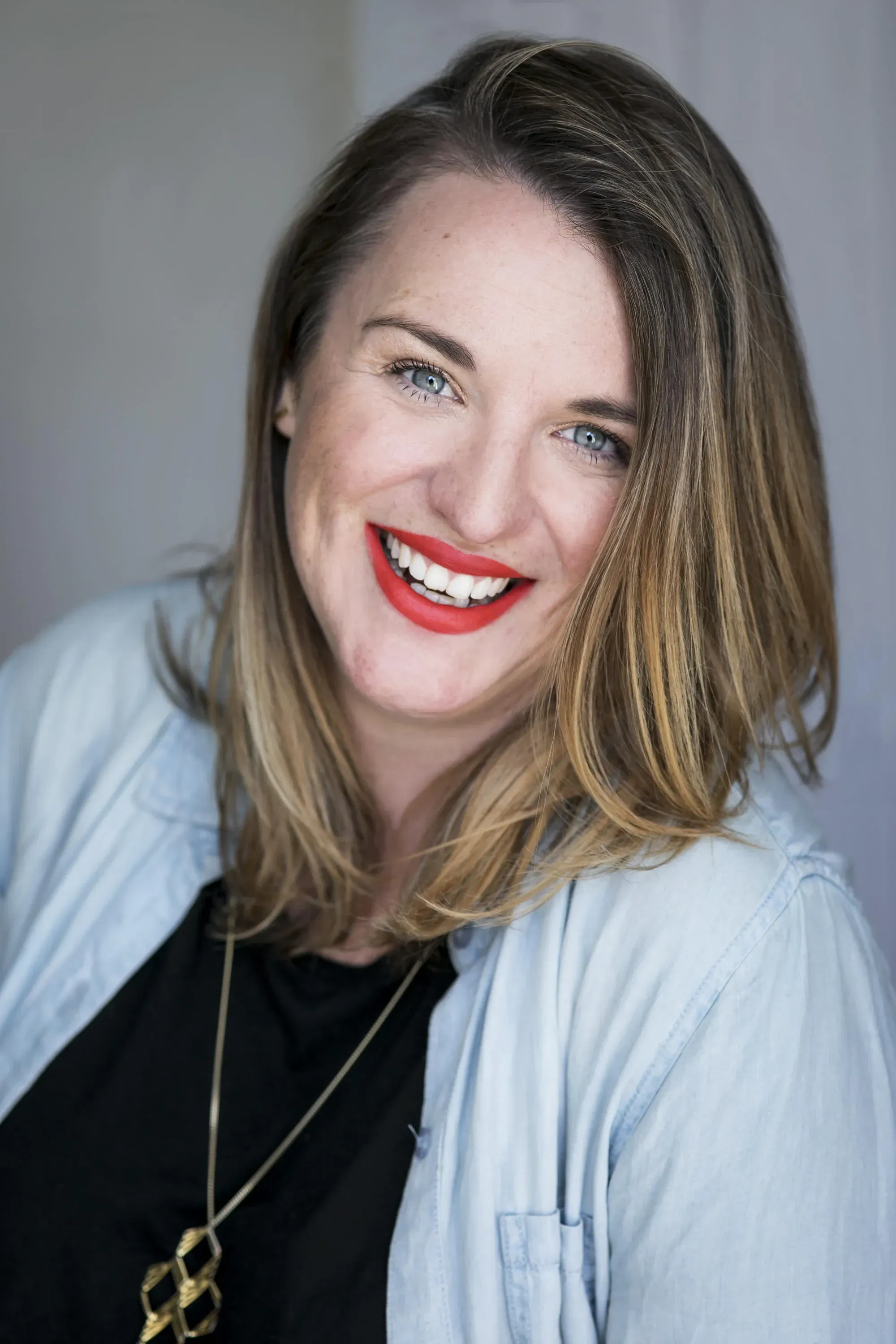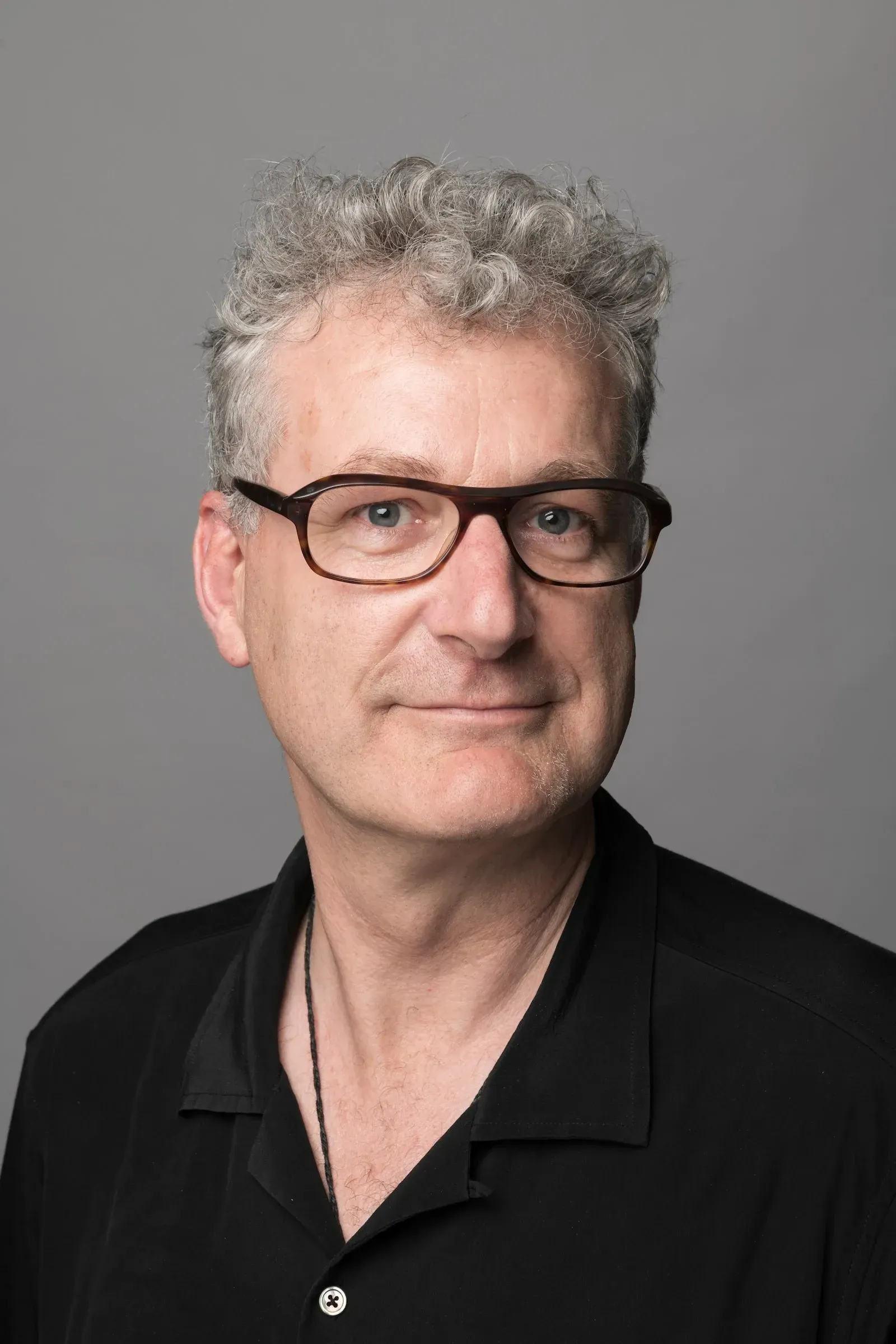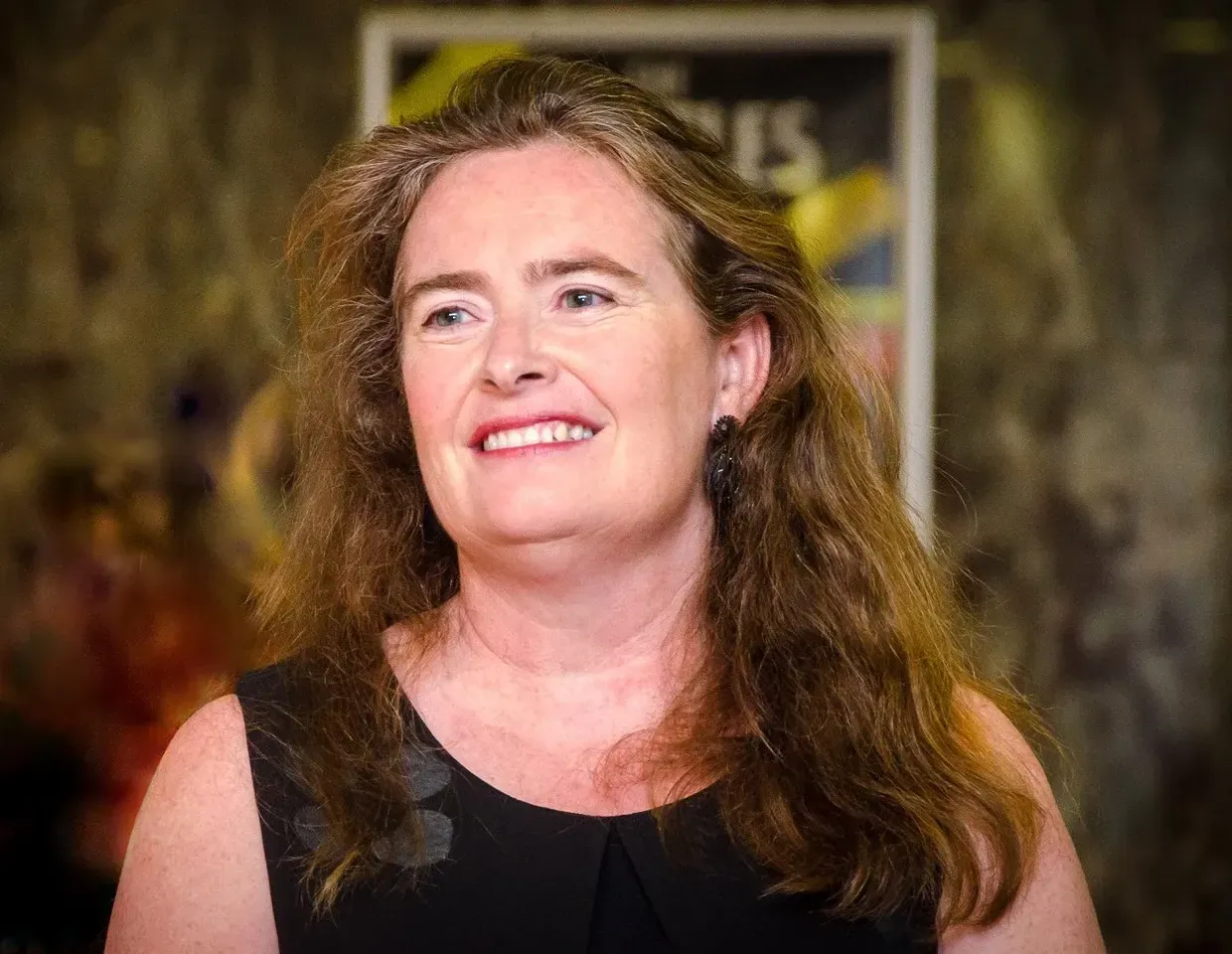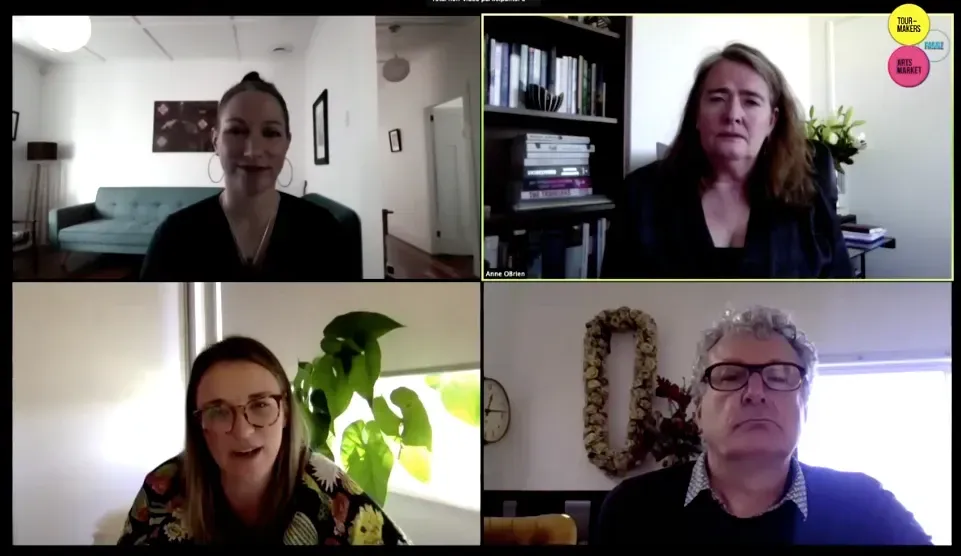Resilient, Not Silent
Written by
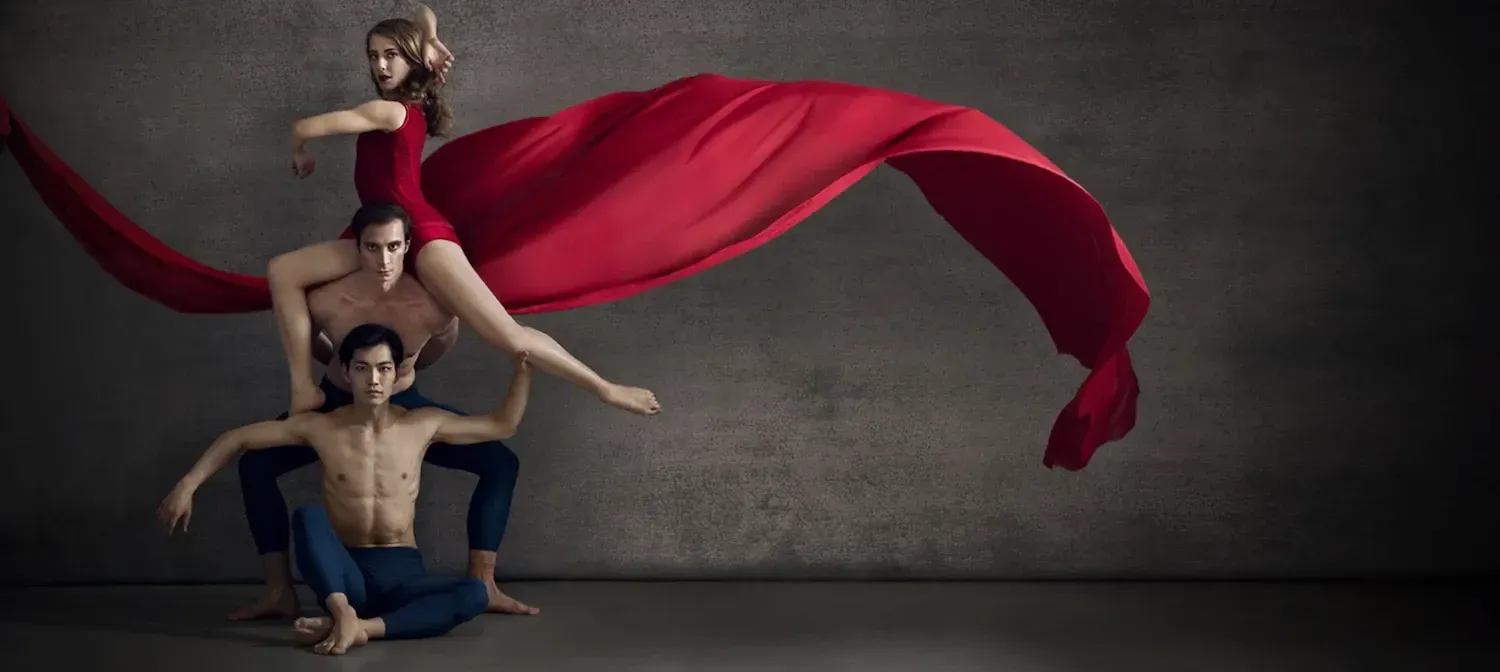
“When you take a hit, it’s not about how hard you fall - and I know a lot of people have taken a really hard fall over this time - it’s about how quickly you get back up - and that’s one of the motivating things for us as a company.” says Lester McGrath, Executive Director of the Royal New Zealand Ballet.
Adaptability and agility are crucial skills for dancers, writers and comedians in the best of times. As their respective communities look to claw their way out of a crisis, the ‘dust yourself off and get back to it’ sentiment is quickly taking shape.
McGrath was one of three panellists in the latest PANNZ online hui, along with Director of the Auckland Writers Festival Waituhi o Tāmaki Anne O’Brien and Lauren Whitney - General Manager of New Zealand Comedy Trust and NZ International Comedy Festival.
The myriad of ideas and opportunities for their sectors to explore as we step into Level 2 were swiftly to the forefront for these forward-thinking leaders.
More Than Words
“Literature is a different experience - its initial production is a solitary experience because a writer can continue to write [during lockdown] and readers can continue to read,” notes O’Brien.
“What [literature] needs is an ecosystem of people and organisations to lift it up, find its audience and give its energy to us. [The Auckland Writers Festival] had to think about our place in the [artistic] ecosystem, our relationship to the ecosystem and how it can be carried forward,” O’Brien continues.
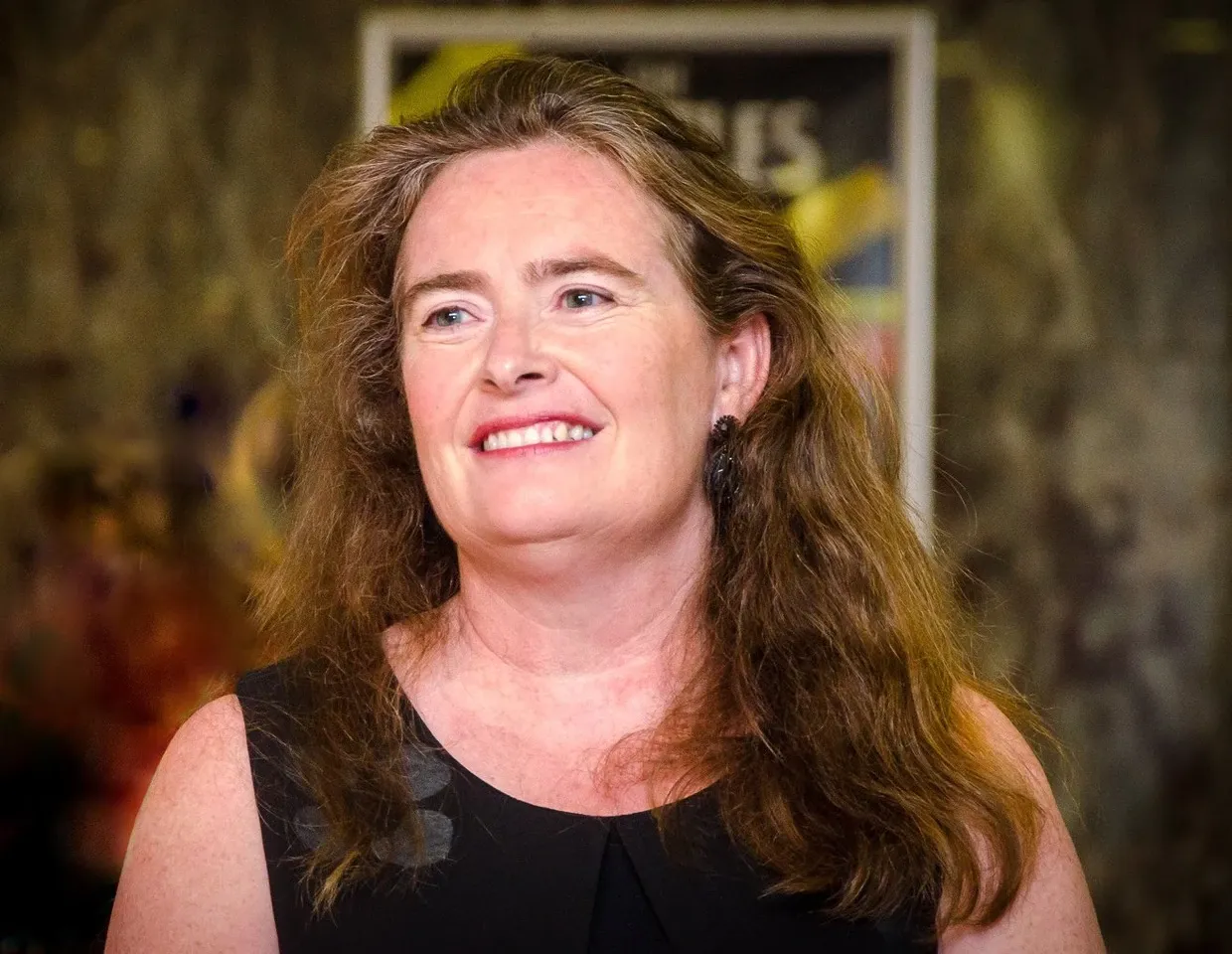
Anne O'Brien, Auckland Writers Festival Waituhi o Tāmaki Director. Photo: Stefan Marks.
For her, the last seven or so weeks have been spent “unpicking the entire festival - we have six days a year to gather the revenue we need to keep delivering [the festival] and running the organisation. So when you take those six days away, our bottom line is impacted. [But] we’ve been negotiating with stakeholders to minimise our losses and shore us up for the future - they’ve been generous and supportive - it’s making a huge difference to us moving forward,” says O’Brien.
At the same time, the Auckland Writers Festival has been figuring out “how to pivot into the online space and deliver something out of 12 months of work.” Much of the “magic of [the Auckland Festival] is the live experience which cannot be replicated online, so we took a lot of time to think.” The result merged old with new, establishing a 13-part digital series that plays on social media every Sunday and publishing a book for secondary schools that had intended to attend the festival.
Staying on your Toes
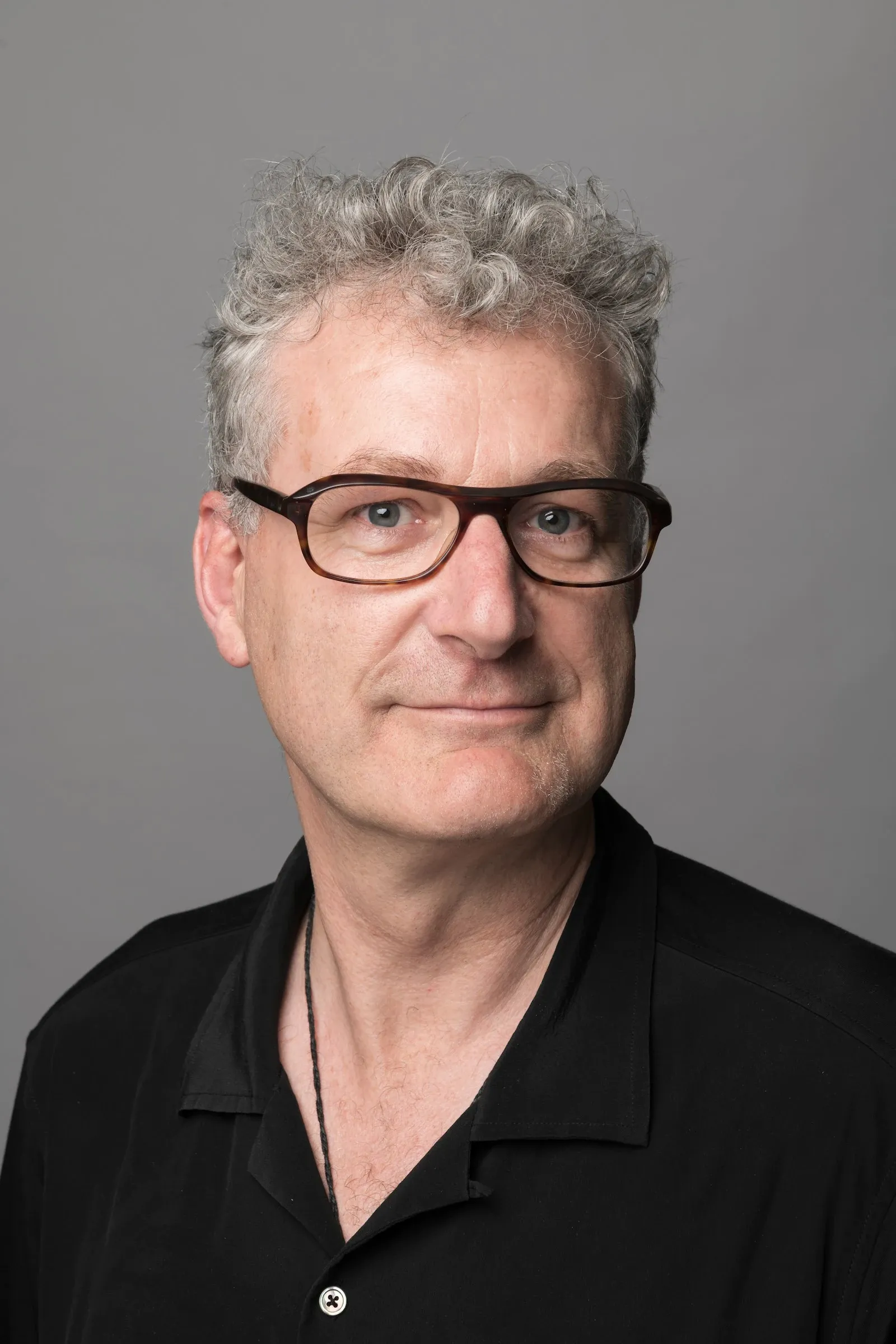
Lester McGrath, Royal NZ Ballet Executive Director. Photo: Stephen A'Court.
Similarly, the Royal New Zealand Ballet Company pivoted and pirouetted into action in the wake of COVID-19.
“Our number one priority is to save jobs and get through this,” says McGrath. “We might hibernate but we want to come out the other end stronger.” This meant turning to technology to ensure the wellbeing of the company’s dancers and administration team.
The second issue they faced was “how to stay in touch with people who love dance. [It’s] very popular in New Zealand - the second highest after-school activity after soccer and before rugby. We know people care about dance,” McGrath says.
“We looked back over our catalogue of work and the result was the Live in your Living Room series which broadcasts a previous ballet production. So far, there has been 400,000 views at a time of 5 million minutes of broadcast time,” he says. “This shows me that in times of crisis, people want to connect with things they know and care about or (that) resonates with them. It shows the power of dance - it does speak to people in a fundamental way and that gives us great heart.”
McGrath is keen to look forward to the future. “If we get to level 1 by July 3rd, we are looking to go forward with the production in August or September. But that might change. We’re aware that we’re the canary going into the mine...so the question is how do we give audiences confidence going back to live events, to gather and meet?” asks McGrath. “We need to look at audience expectations, to test things with them and check their appetite - everything is changing quickly, so we need to constantly understand what changes are heading our way,” he says.
“At the end of April, 64% of people said they wouldn’t go to the cinema until the end of the year. But a lot has changed in that time. [The cinemas are up and running] and that bodes well for the return of performance towards the end of August, going into September.”
It would undoubtedly be a welcome respite for many. “I want to acknowledge how hard people have been hit by this. I’m worried about venues, particularly those who aren’t run by councils - they’ve got a terrible time and some of them are the venues we use. We’re talking to people about how we can help, reaching out to see how we can assist, advocate or be collegial and that has been important to us” says McGrath. “Things are changing every day, but we are feeling positive.”
While O’Brien shares McGrath’s optimism, “we think our borders could remain closed for 12- 18 months, which changes the footprint of the festival we’ve had for the last 20 years. Our initial thinking - and things are changing all the time - is a trans-Tasman focus. But we know that together is how we will find a pathway forward. That’s been a theme of all the PANNZ hui; working together to identify opportunities that will take us forward.”
No Laughing Matter
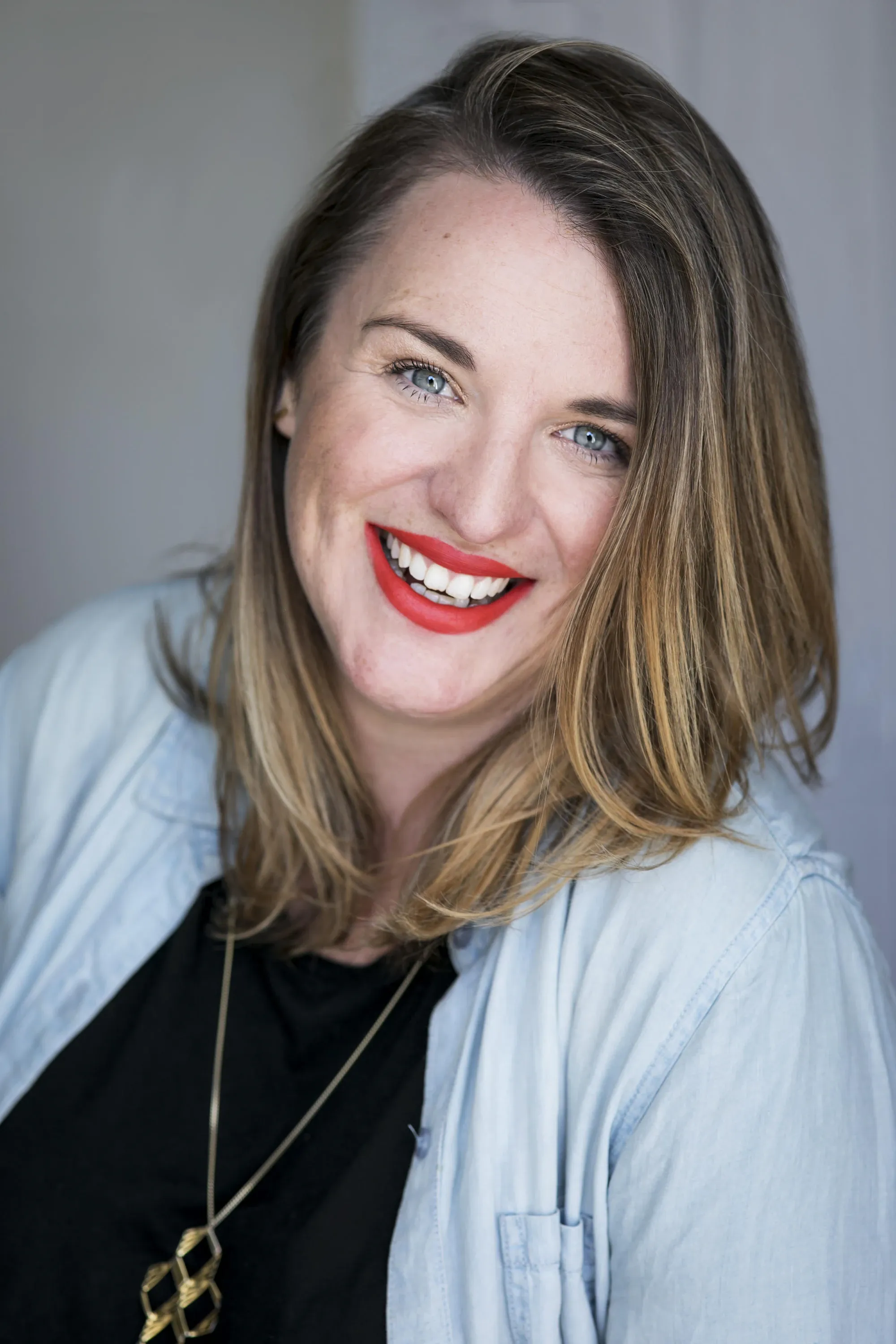
Lauren Whitney, NZ Comedy Trust and NZ International Comedy Festival General Manager. Photo: Supplied.
Whitney “spent a whole year getting to [the opening] of the Comedy Festival. In the space of a week, we went from risk assessment to cancelling and worst-case budgeting decisions.
“In the end, it became an easy decision and we needed to focus on minimising the devastation and hurt financially and emotionally. We all work in this industry because we’re passionate about it and we’ve all held a lot on our shoulders during this time. I’m feeling optimistic [because] looking for opportunities has got me through.”
She acknowledged that it has been a stressful time for the arts ecology at large. “Auckland Theatre Company and NZ Comedy Trust have been encouraging MusicHelps to extend their professional counselling services to the whole arts community as a way of supporting people at this time.”
In a similar vein to her fellow panellists, Whitney has been exploring “multiple plans.” Like O’Brien, the Comedy Festival was supposed to be happening right now and is weighted in the live experience. She is also interested in exploring what a 100% local festival might look like as well as opening a trans-Tasman bubble.
For all of the panellists, the lockdown presented a chance to slow down, reconnect and embrace uncertainty.
“I’ve become comfortable living with uncertainty,” says McGrath. “Artists live in uncertainty and we can gain a lot if we think like an artist. If we can embrace uncertainty and adapt and be nimble, we’ll be in a good place. There’s a certain power in creative thinking and this has reinforced it for me.”
To watch the PANNZ/AUCKLAND LIVE hui in full, click here
